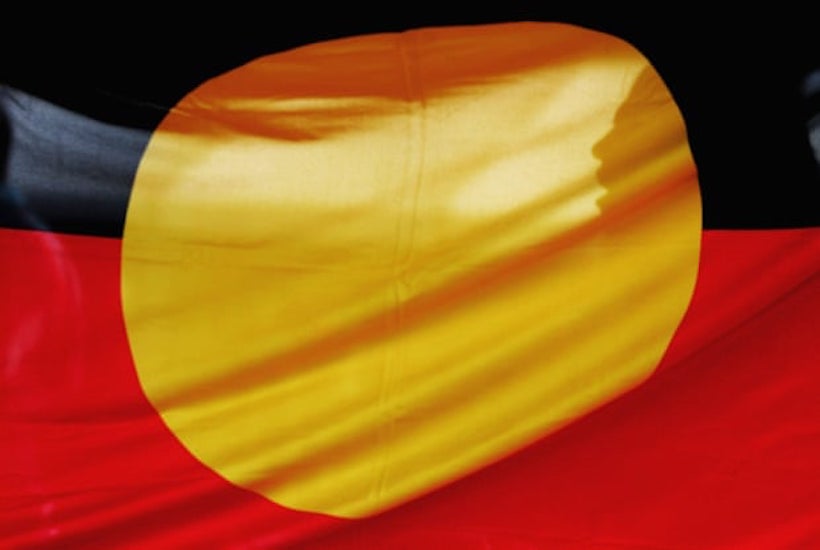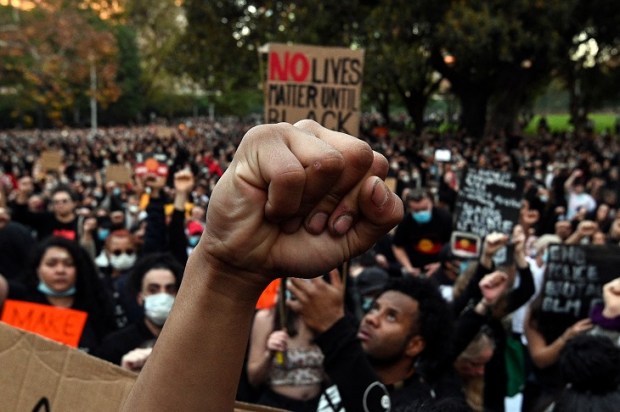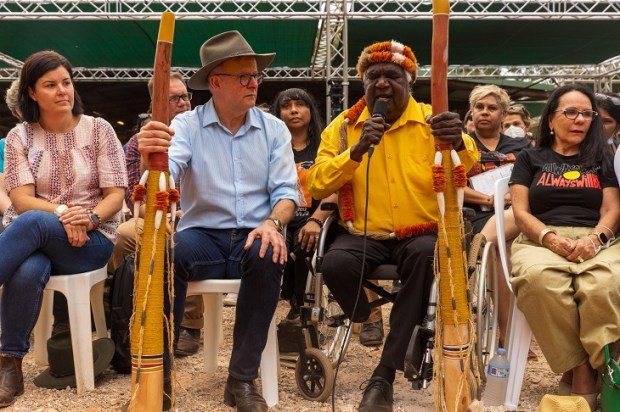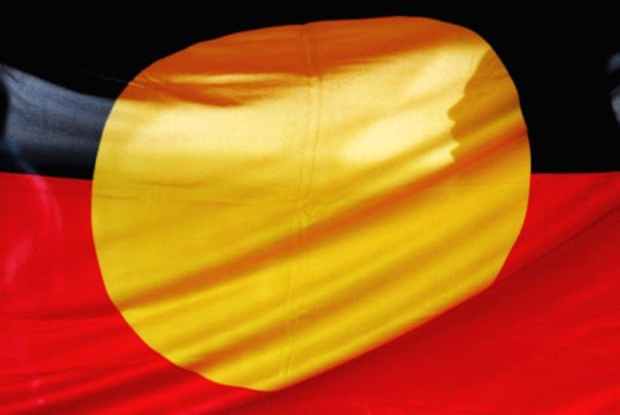Recently, The Australian has run a series of articles, six at least, pushing the idea of the Indigenous Voice to Parliament. A common theme is that this Voice needs to be ‘enshrined’ in the Constitution, ostensibly to put it beyond the reach of governments to emasculate it.
Chris Kenny, a journalist whom I admire more than almost any other, has written recently in The Australian, concerning the proposed Voice to Parliament:
Former prime minister Tony Abbott — a leading opponent of the Voice, to be sure — neatly argues that recognition of Indigenous Australians would not alter the constitution so much as complete it. This is true because the Constitution brought together six groups — the peoples of six colonies — and the people it overlooked as partners or participants were the original inhabitants.
Kenny’s justification for supporting Tony Abbott’s statement i.e. that Indigenous Australians should have been a seventh partner in the federation, is startling in its naievete – and its potential for mischief. Since the Constitution is essentially a prosaic document — a power-sharing contract, if you like – if this were the acknowledged basis for including Indigenous Australians in the Constitution it would necessarily imply that some form of political power resides with them. It would give them the same political status as the six states. Even if the amendment were not written in those specific terms, if Kenny’s argument formed part of the “yes” case, that would provide ample and powerful ammunition for an activist High Court to concede political power to Indigenous Australians – power the vast majority of Australians never before envisaged – on the basis that this is what the Australian public really intended when they voted for the amendment. This is an alarming prospect.
But even if the above logic were not explicitly a part of the referendum “yes” case – even if the justification for putting the Voice into the Constitution were solely to protect it from political emasculation – that would give Aboriginal activists, such as Professors Marcia Langton and Megan Davis, a solid platform to advance a much more radical agenda.
Let me explain. As I understand it, the general agreement by all parties is that the Voice would give advice only. There would be no compulsion upon the government of the day to accept that advice – it need only consider it. That limitation would, I believe, be essential for a majority of Australians to support the concept of the Voice, whether it be legislated or constitutionally enshrined.
But there is a way that limitation could be compromised.
The Declaration on the Rights of Indigenous Peoples is a non-legally-binding resolution passed by the United Nations in 2007. The Australian Government under John Howard, refused to sign this declaration but in 2009, the Rudd government formally endorsed it. That endorsement stands to this day, which suggests that there is now bipartisan support for the Declaration. It therefore now forms part of our common law.
Article 19 of the Declaration (much of which was drafted by Aboriginal activists Mick Dodson and Megan Davis) states:
States shall consult and cooperate in good faith with the indigenous peoples concerned through their own representative institutions in order to obtain their free, prior and informed consent before adopting and implementing legislative or administrative measures that may affect them.
I do not believe a majority of Australians would support such a radical proposal. A Voice whose advice is not binding falls a long way short of this demand. It is not what the Aboriginal activists ultimately want. As long as the Voice exists in legislation only, it would be possible to avoid implementing Article 19. But if the Voice ever made it into the Constitution, the matter would be taken out of the hands of the government and placed in the hands of unelected and tenure–secure High Court judges.
Right now, not being a Constitutional lawyer, I can’t conjure up the tortured logic that might allow a Court to decide that, even though the Voice might be described as an advisory body only, our international obligations under the Declaration over-ride any limitation imposed upon it in the Constitution. But remember, they managed to conjure up Native Title out of our common law as well as a new category of non-citizen called a ‘belonger’.
I might be drawing a long bow here, but one thing you can be sure of, with the Declaration on the Rights of Indigenous People lurking in the wings, the demands will not cease once, what most Aboriginal activists see as just a first step, is implemented. They will then say the Voice does not go far enough, it must conform to our obligations under Article 19 of the Declaration. And those demands will be more irresistible if it is the High Court rather than the Legislature that decides the issue, which will be the case if the Voice is enshrined in the Constitution.
Got something to add? Join the discussion and comment below.
Get 10 issues for just $10
Subscribe to The Spectator Australia today for the next 10 magazine issues, plus full online access, for just $10.


























Comments
Don't miss out
Join the conversation with other Spectator Australia readers. Subscribe to leave a comment.
SUBSCRIBEAlready a subscriber? Log in